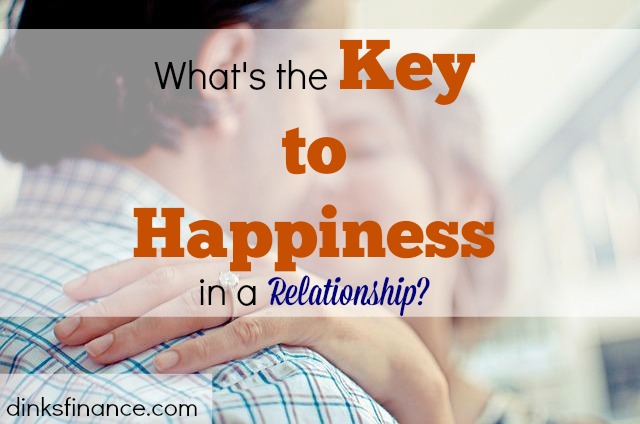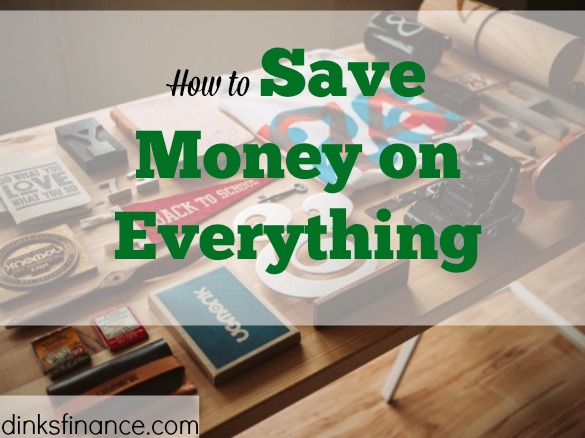
When I first started dating Nick many moons ago one of my colleagues told me that the secret to a happy marriage is compromise. It didn’t make much sense to me at the time because I was in a new relationship and I didn’t have too much invested. However now 16 years later her advice makes perfect sense.
The truth is a relationship is work and although Nick and I have a lot of similar interests there are times that you have to make sacrifices because you’re in a couple. I’ve learned, especially as we get older, that couple’s who want to stay together need to learn to find a balance between our own wants and the needs of our spouse.
If you compromise too much you may feel like you are losing yourself by giving up too much for your sweetheart. That’s not good because even though you’re in a couple you are still an individual. The other side to that is if you always want to have your own way and aren’t ever willing to compromise your spouse may feel neglected and you could find yourself suddenly single again.
So how do you find a happy balance?
I think that’s the secret of finding happiness in a relationship. We have to figure out how to balance doing what we want and considering our spouse at the same time?
Think before you talk
This is something I have recently starting doing. As I grow older and increasingly less patient I have the tendency to snap back when I disagree with something and it’s extremely unhealthy for a relationship. Even if you and your spouse commonly work through troubles always keep in mind that once you say something it’s out there and you can’t take it back. Even if your spouse says they forgive you for being abrasive, all may not truly be forgotten.
Set priorities
I think a lot of trouble in relationships come from misunderstandings, at least in my relationships. I’ve learned that it’s better to be open and over communicate rather than assume and leave someone disappointed. If you set priorities neither spouse will feel neglected because all expectations are established ahead of time.
Pick and choose your battles
When I was younger I had an opinion on everything. I was the kind of person who had to tell you if you were wrong, mostly because it meant that I was right. Nowadays I’m older and more tired. I am much less confrontational in my mid 30s than I was in my 20s. Now I only speak up if I really have a strong opinion on the subject. If I’m neutral or don’t really care either way I just let it go.
What’s the secret to happiness in your relationship?











